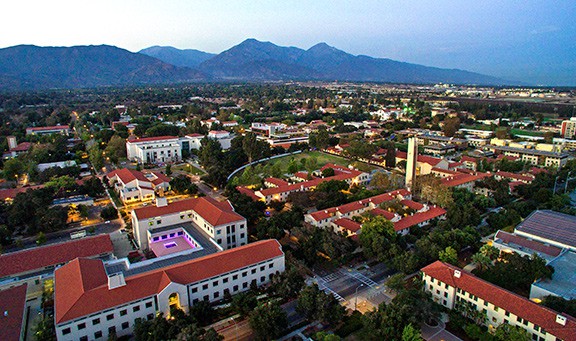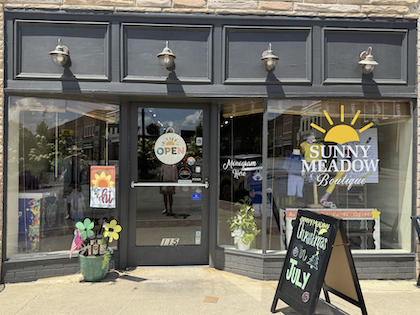
Pomona College Receives Generous .47 Million Pledge to Enhance Middle-Class Accessibility
In a monumental move aimed at increasing college access for students from middle-income families, Pomona College alumni Sam and Emily Glick have generously pledged ,474,747.47 to the institution. This substantial contribution will directly support the college’s financial aid resources, making Pomona more accessible to a broader demographic. The announcement comes as the Glicks solidify their commitment to educational equity, particularly for families who often encounter barriers to higher education.
Sam Glick serves as the outgoing chair of the Pomona College Board of Trustees and, alongside his wife Emily, has been a staunch advocate for enhancing opportunities at the college. “We are deeply grateful for Sam and Emily’s generosity in establishing the President’s Fund for Middle-Class Access,” said Pomona College President G. Gabrielle Starr in a heartfelt statement. She emphasized the profound impact of their contribution, stating, “Their support will provide more than scholarships; it will provide access and opportunity to pursue life-changing work and invaluable academic experiences for students who often don’t consider Pomona.”
This new fund is geared toward transforming lives. It’s not just about financial relief; it’s about fostering a diverse student community reflective of the full economic spectrum of the United States. By focusing on middle-income families, the Glicks’ donation aims to significantly increase the number of applicants and admitted students from this demographic, ensuring that a wider array of students can benefit from the rigorous academic opportunities Pomona College offers.
This generous gift follows the Glicks’ previous donation in 2019, where they contributed 5,000 to establish the Faculty Fund for Creative Collaboration. This fund promotes interdisciplinary research collaborations among faculty across various departments, underscoring the Glicks’ commitment to not just student access, but also to fostering rich, collaborative academic environments for faculty and students alike.
In a world where the cost of higher education is a significant barrier for many families, the Glicks’ pledge represents a beacon of hope for those caught in the middle. Families earning moderate incomes often face unique challenges in financing college education. Unlike low-income students who can often access substantial financial aid, middle-income families frequently find themselves limited by financial constraints without the same level of support. The President’s Fund for Middle-Class Access aims to bridge this gap and encourage these families to consider Pomona as a viable option for their educational pursuits.
As economic pressures continue to mount, this initiative becomes increasingly relevant. The changing landscape of college admissions, coupled with rising tuition costs, makes it vital for institutions like Pomona to develop robust solutions to meet the needs of all families, especially those in the middle-income bracket.
Furthermore, Pomona College, known for its commitment to liberal arts education, now stands as a leader in this crucial conversation about education equity. With initiatives like these, it paves the way for a future where access to quality education isn’t determined by economic class, but rather by talent and ambition.
The full details of the announcement can be found on the Pomona College website. If you’re interested in learning more about how such initiatives are reshaping the landscape of higher education, or if you’re looking for ways to support educational accessibility, check out the full news release here.
In conclusion, Sam and Emily Glick’s remarkable pledge not only illustrates their deep commitment to Pomona College but also highlights a growing awareness in academia regarding the need to support middle-income families in their quest for higher education. As educational institutions rethink their financial aid strategies, this initiative could serve as a model for other colleges aiming to create inclusive and diverse educational environments. The future is bright for aspiring Pomona students, thanks to the generous spirit of the Glick family.
